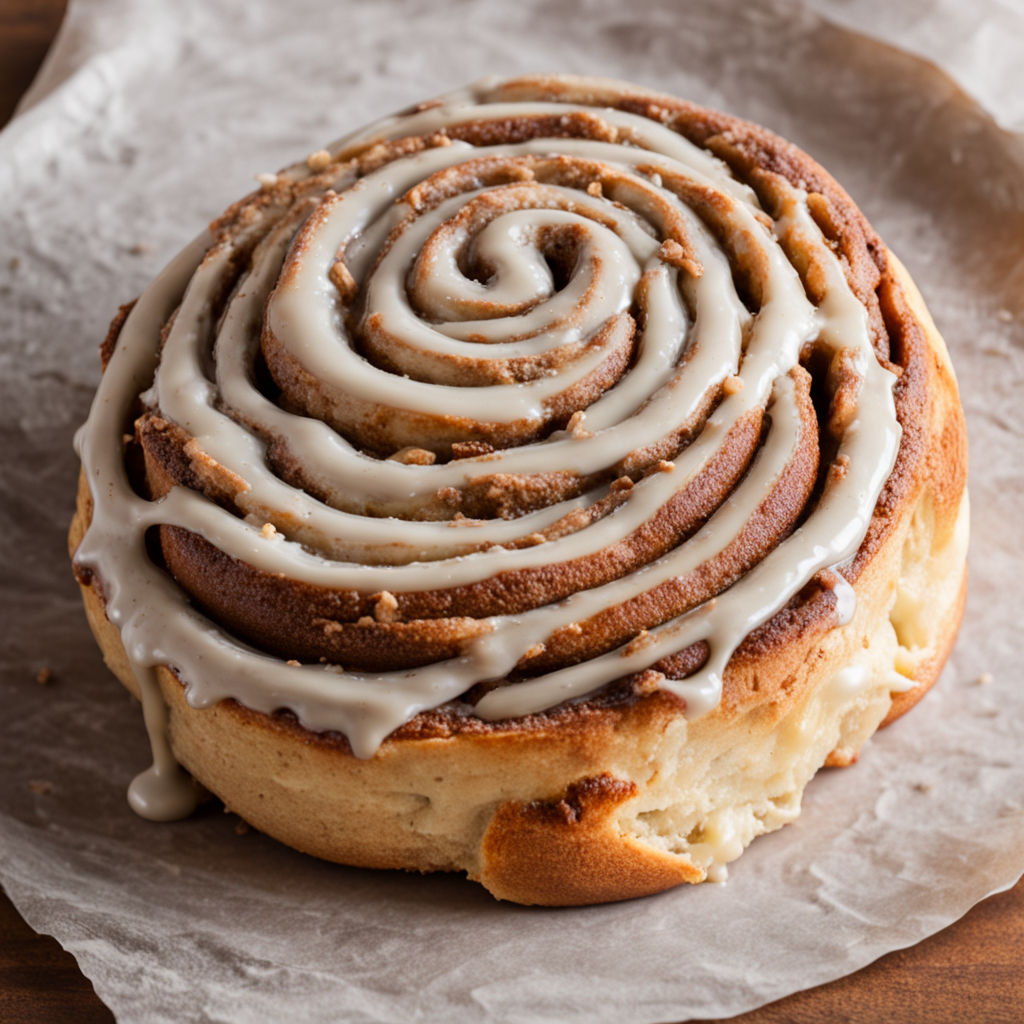How Many Carbs Are in a Sourdough Cinnamon Roll?
Sourdough cinnamon rolls are a delightful fusion of traditional baking with the health benefits of sourdough fermentation. Known for their tangy flavor and fluffy texture, these rolls are a popular choice for breakfast or dessert. However, if you’re conscious of your carbohydrate intake, you may wonder just how many carbs are in a sourdough cinnamon roll. In this article, we’ll not only break down the carbohydrate content but also compare it to regular cinnamon rolls and provide tips on how to reduce carbs in your favorite treat.
The Ingredients and Carbohydrate Sources in a Sourdough Cinnamon Roll
A typical sourdough cinnamon roll is made from a few essential ingredients:
- Sourdough starter
- Flour (commonly all-purpose or bread flour)
- Sugar
- Butter
- Cinnamon
- Milk or water
- Eggs
The key differentiator here is the sourdough starter, which is a mixture of flour and water that has been naturally fermented by wild yeast and bacteria. This starter not only gives the rolls their unique flavor but also influences their nutritional content, especially the carbohydrates. For a deeper dive into this, check out Sourdough Cinnamon Rolls: A Perfect Blend of Tangy and Sweet.
Nutritional Breakdown of Carbohydrates in Sourdough Cinnamon Rolls
Understanding the carbohydrate content of a sourdough cinnamon roll involves looking at each ingredient’s contribution, particularly the carbs. On average, a sourdough cinnamon roll contains:
- Carbohydrates: Approximately 50-60 grams per roll
- Calories: Around 350-450 calories per roll
- Protein: 6-8 grams
- Fat: 10-15 grams
The fermentation process that sourdough undergoes can slightly reduce the overall carbohydrate content compared to regular dough. This is because the natural yeast in the starter breaks down some of the starches in the flour during fermentation. For further insights, read Why Is Sourdough Bread Healthier Than Regular Bread?.
How Many Carbs Are in a Sourdough Cinnamon Roll Compared to Regular Cinnamon Rolls?
The carbohydrate content in a sourdough cinnamon roll can vary based on several factors:
- Size of the roll: Larger rolls will naturally have more carbs.
- Type of flour used: Whole wheat or alternative flours can slightly alter the carb content.
- Amount of sugar: The more sugar added, the higher the carbs.
On average, you can expect around 50-60 grams of carbs per roll, which is significant, especially if you’re watching your intake. However, the fermentation process in sourdough can make these carbs slightly easier to digest compared to those in non-fermented baked goods.
If you have experienced issues with your rolls, such as them not rising as expected, consider reviewing Why Did My Sourdough Cinnamon Rolls Not Rise?.
Sourdough Cinnamon Rolls vs. Regular Cinnamon Rolls: Comparing Nutritional Content
When comparing sourdough cinnamon rolls to regular cinnamon rolls, several differences come to light:
- Lower carb content: Due to the fermentation process, sourdough rolls may have slightly fewer carbs than regular cinnamon rolls.
- Digestibility: The natural yeast and bacteria in sourdough can aid in digestion, making the rolls easier on the stomach for some people.
Modifying Sourdough Cinnamon Roll Recipes to Lower Carbs
If you’re keen on reducing the carb content in your sourdough cinnamon rolls, here are some tips:
- Use alternative flours: Almond flour, coconut flour, or a combination of lower-carb flours can reduce the carbohydrate content.
- Reduce the sugar: Substitute traditional sugar with alternative sweeteners like stevia or erythritol.
- Incorporate more fiber: Adding ingredients like flaxseed or chia seeds can increase the fiber content and reduce the net carbs.
These adjustments can help you enjoy your favorite sourdough cinnamon rolls with a lower carbohydrate impact without compromising on taste.
Serving Size and Portion Control for Sourdough Cinnamon Rolls
Even with modifications, controlling your portion size can significantly affect your carbohydrate intake. Here are a few suggestions:
- Opt for mini rolls: Smaller rolls will naturally have fewer carbs.
- Practice mindful eating: Savor each bite to increase satisfaction with a smaller portion.
Conclusion: Carbohydrate Content in Sourdough Cinnamon Rolls
In conclusion, sourdough cinnamon rolls provide a delicious and slightly healthier alternative to traditional cinnamon rolls, especially for those mindful of their carbohydrate intake. The fermentation process not only adds unique flavors but may also reduce the total carbs, making these rolls a better option for some. By modifying ingredients and controlling portion sizes, you can enjoy this indulgent treat with a bit more nutritional balance.

1 thought on “How many carbs in a sourdough cinnamon roll?”